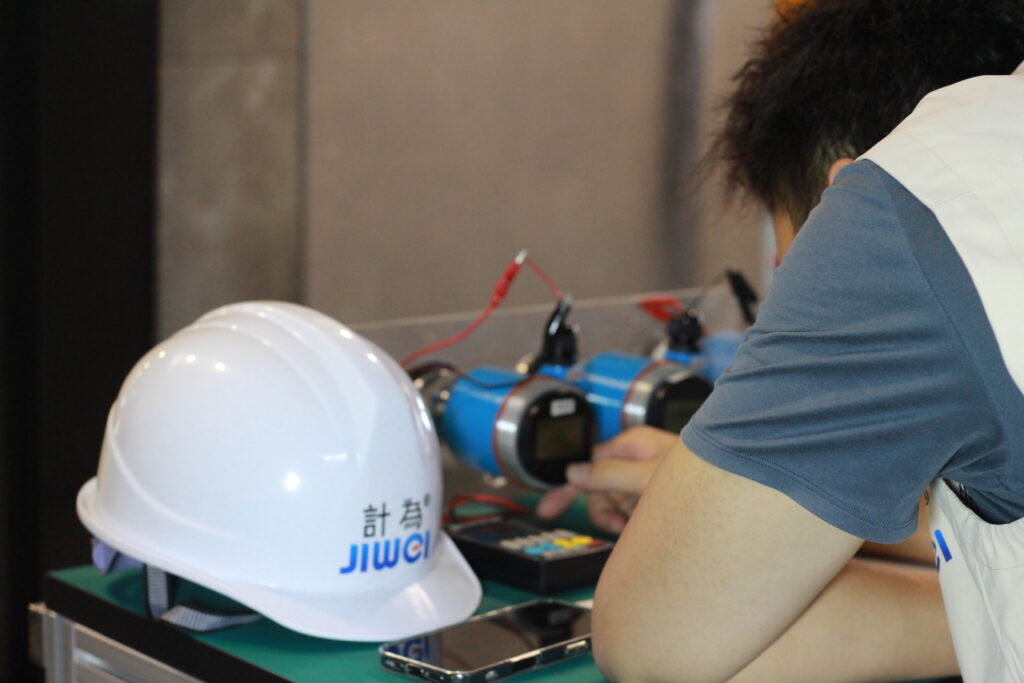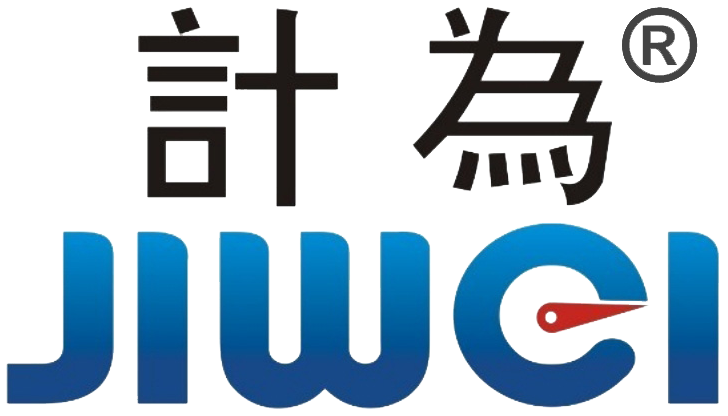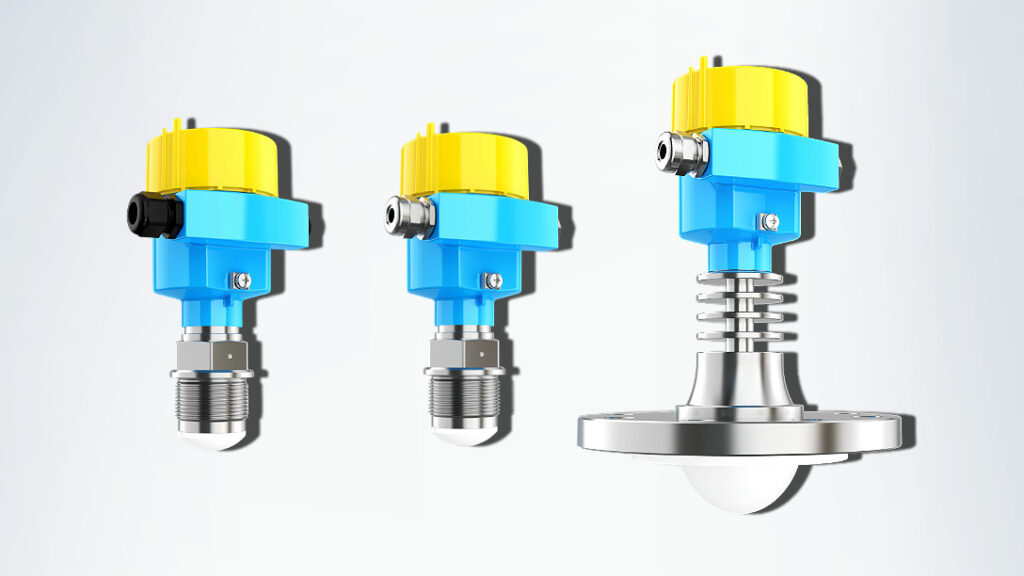Radar Level Transmitters with Bluetooth Monitoring
In traditional industrial environments, commissioning radar level transmitters has often been a complex and high-risk task requiring laptops, cables, and on-site access. Engineers commonly open device enclosures and connect PCs to configure instruments — a process that can be time-consuming and hazardous.
Jiwei’s JWrada series radar level transmitters, equipped with built-in Bluetooth and integrated with the WeChat mini program “Jiwei Smart Control,” enable engineers to remotely monitor real-time data and adjust key parameters via smartphone. This wireless capability complements traditional laptop-based configuration, improving efficiency and safety but not fully replacing established workflows.
This article explores the combined advantages of smartphone-assisted remote monitoring and conventional setup methods, backed by field-tested results.
Traditional Setup Challenges
Radar level transmitters are installed in various challenging environments, such as:
- Elevated silos over 30 meters high
- Confined or hazardous atmospheres requiring sealed instruments
- Sites with explosive atmospheres or strict safety protocols
- Remote or unmanned locations needing quick diagnostics
Historically, configuration involved connecting laptops through cables, opening enclosures, and working at height — operations with safety risks and logistical complexity.

Jiwei JWrada Series: Bluetooth-Enabled Monitoring and Configuration
Jiwei’s JWrada series integrates 80GHz FMCW radar technology with industrial-grade Bluetooth modules enabling:
- Real-time remote access to level measurements, echo waveforms, and device status
- Wireless adjustment of parameters such as measurement range, blind zone, output mapping, and echo thresholds
- Seamless use of the WeChat “Jiwei Smart Control” mini program without installing apps
- Maintaining full enclosure integrity and explosion-proof certification during remote access
The smartphone-based interface does not replace traditional laptop setup completely but serves as a powerful complementary tool for remote verification, quick parameter tuning, and diagnostics — particularly valuable in hazardous or hard-to-access locations.

Field Use Case: Wastewater Treatment Plant
An automation engineer tested the JWrada device on a wastewater treatment tank:
- Using the WeChat mini program on a smartphone, he connected via Bluetooth within 10 meters.
- He viewed real-time liquid level data, echo waveforms, and signal strength without opening the enclosure.
- Adjusted measurement parameters remotely to account for basin geometry and interference.
- Saved configurations and exported parameters for deployment on other units.
The entire wireless process took under 5 minutes, improving operational safety and efficiency. However, for initial calibration or complex configurations, laptop-based tools remain available and sometimes preferred.

Benefits of Smartphone-Assisted Monitoring and Configuration
| Benefit | Explanation |
|---|---|
| Increased Safety | Avoids climbing and enclosure opening for routine checks |
| Faster Diagnostics | Immediate access to live waveforms and status from the ground |
| Remote Parameter Tuning | Quick adjustments without physical site visits |
| Complements Laptop Setup | Enables verification and small changes between full setups |
| Batch Parameter Management | Export/import settings facilitate rapid deployment of multiple units |
Future Trends and Industry Outlook
The evolution of industrial instrumentation is moving rapidly towards digitalization and connectivity. The integration of Bluetooth-enabled radar level transmitters like Jiwei’s JWrada series is a clear reflection of this trend, providing operators with greater flexibility, safety, and data-driven insights.
As more facilities adopt Industry 4.0 and smart factory concepts, the ability to remotely monitor and adjust devices will become not just a convenience but a necessity. Wireless communication reduces manual interventions, lowers human error rates, and supports predictive maintenance through real-time diagnostics.
Moreover, leveraging widely used platforms like WeChat mini programs for device interaction exemplifies how industrial automation can integrate seamlessly with existing user habits and infrastructure, reducing training costs and accelerating adoption.
Looking ahead, we can expect continued advancements such as:
- Integration with cloud-based monitoring systems for centralized asset management
- Enhanced cybersecurity features ensuring safe wireless operations in critical environments
- Expansion of Bluetooth capabilities to support multi-device mesh networks
- Incorporation of AI algorithms to analyze radar data for anomaly detection and process optimization
Jiwei’s JWrada series positions itself at the forefront of these developments, offering a scalable solution adaptable to diverse industrial challenges. The fusion of traditional radar measurement reliability with modern wireless communication marks a significant step toward smarter, safer, and more efficient industrial operations.
Conclusion
Jiwei’s JWrada radar level transmitters combined with smartphone-based Bluetooth access provide a safe, efficient, and flexible approach to level measurement commissioning and maintenance. While laptops and wired connections remain essential for full device configuration and advanced tasks, smartphone-assisted monitoring and parameter adjustment significantly reduce operational risks and improve field productivity.
This integrated solution represents the future of industrial instrumentation — combining traditional reliability with modern connectivity.
radar level transmitter, Bluetooth monitoring, smartphone-assisted setup, Jiwei JWRada, WeChat mini program, wireless parameter tuning, industrial level measurement, remote diagnostics

